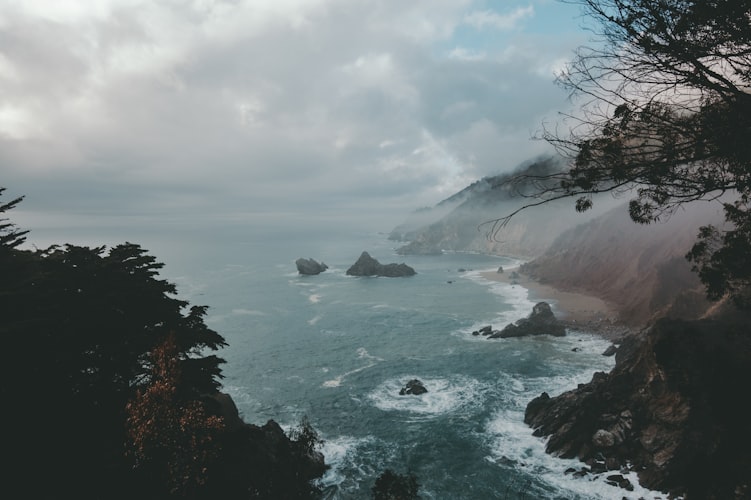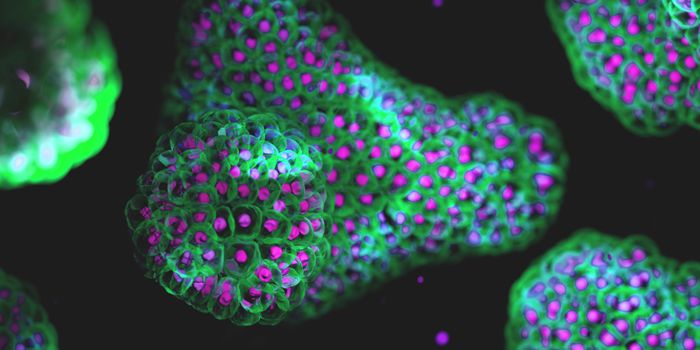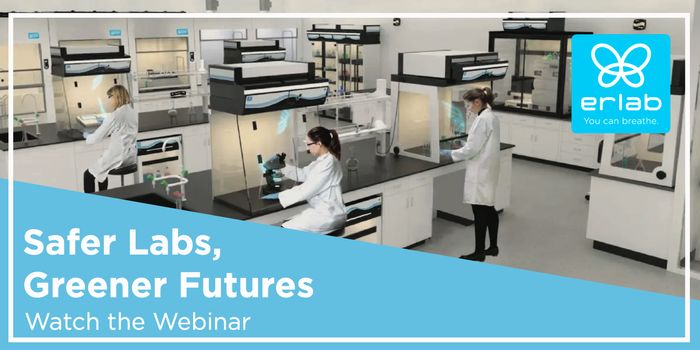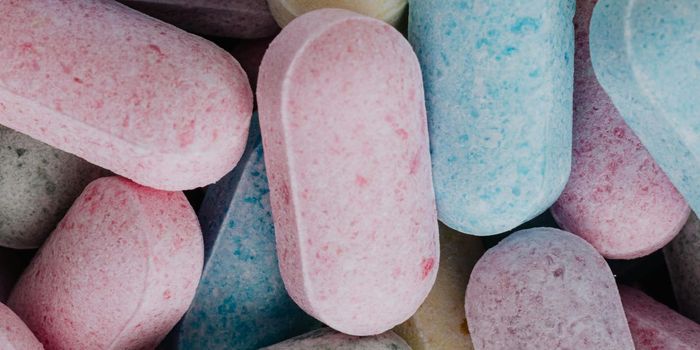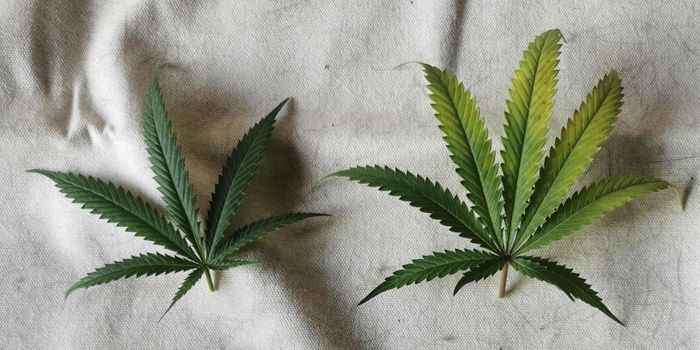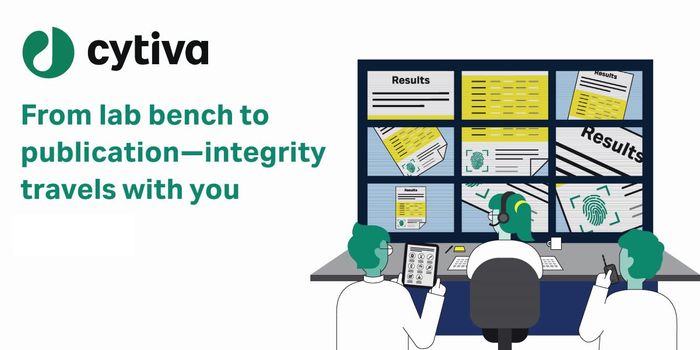Antibiotics from the Sea?
Many of the clinically relevant antibiotics are sourced from natural substances, produced by bacteria. But because of the growing threat of antibiotic resistance, there is a dire need of antibiotic developments—with targeted cultivation of potential antibiotics producers.
"Talented producers are primarily microorganisms with complex lifestyles, an unusual cell biology and large genomes," explains microbiologist Christian Jogler of Friedrich Schiller University, Jena. "Such organisms produce antibiotic compounds and deploy them in the fight against other bacteria for nutrients and habitats," he adds.
Researchers are now looking at the sea as a potential antibiotic source.
Specifically, they are examining the marine bacterium ‘Planctomycetes’ with 79 samples of pure cultures from the Mediterranean, the North Sea, the Baltic Sea and the Black Sea, as well as the Atlantic, the Pacific and the Arctic Ocean.
"We know that Planctomycetes live in communities with other microorganisms and compete with them for habitat and nutrients," says Jogler, explaining what makes this group of bacteria of interest to the researchers.
Uni-Jena.de: Posidonia oceanica off the coast of Corsica. On this plant many planctomycetes have been found. Image Credit: Christian Jogle
"These pure cultures together represent 31 new genera and 65 new species," adds lead author Dr. Sandra Wiegand. "The bioinformatic analysis was holistic in its approach. The results of these analyses show that the newly obtained Planctomycetes have extraordinarily complex lifestyles and have the potential to produce new antibiotics.”
Researchers used bioinformatics and microscopic methods that were used to characterize the newly obtained samples with a focus on their bacterial cell division. "They divide in a very different way from all other important pathogenic bacteria," says Jogler. "Hypothesis-driven cultivation and holistic characterization are essential for discovering something really new and opening up new therapeutic avenues.”
Source: Science Daily
